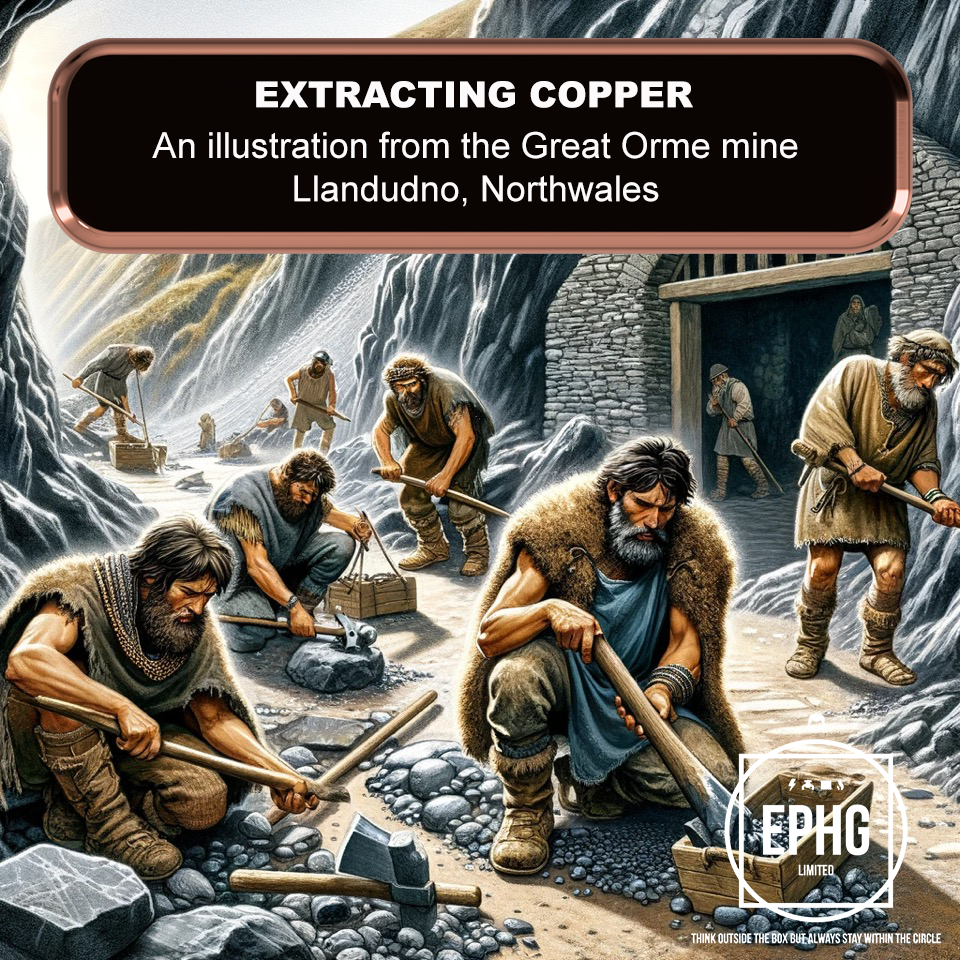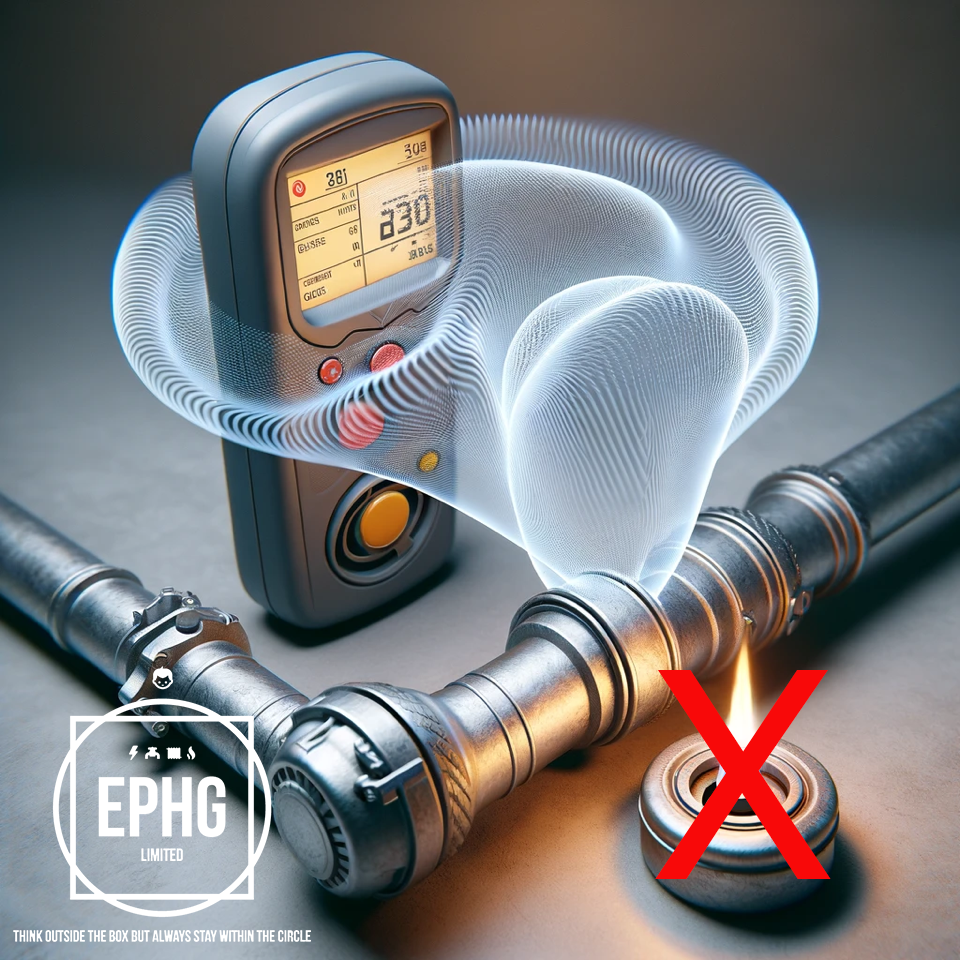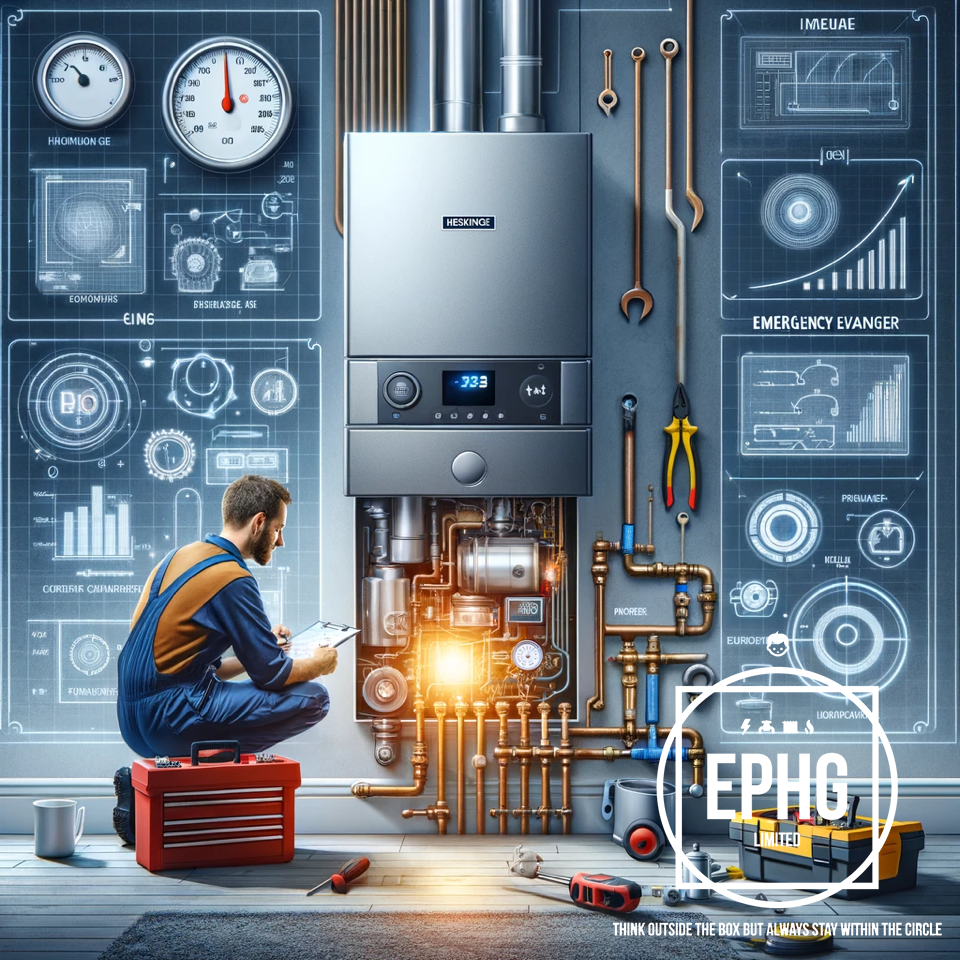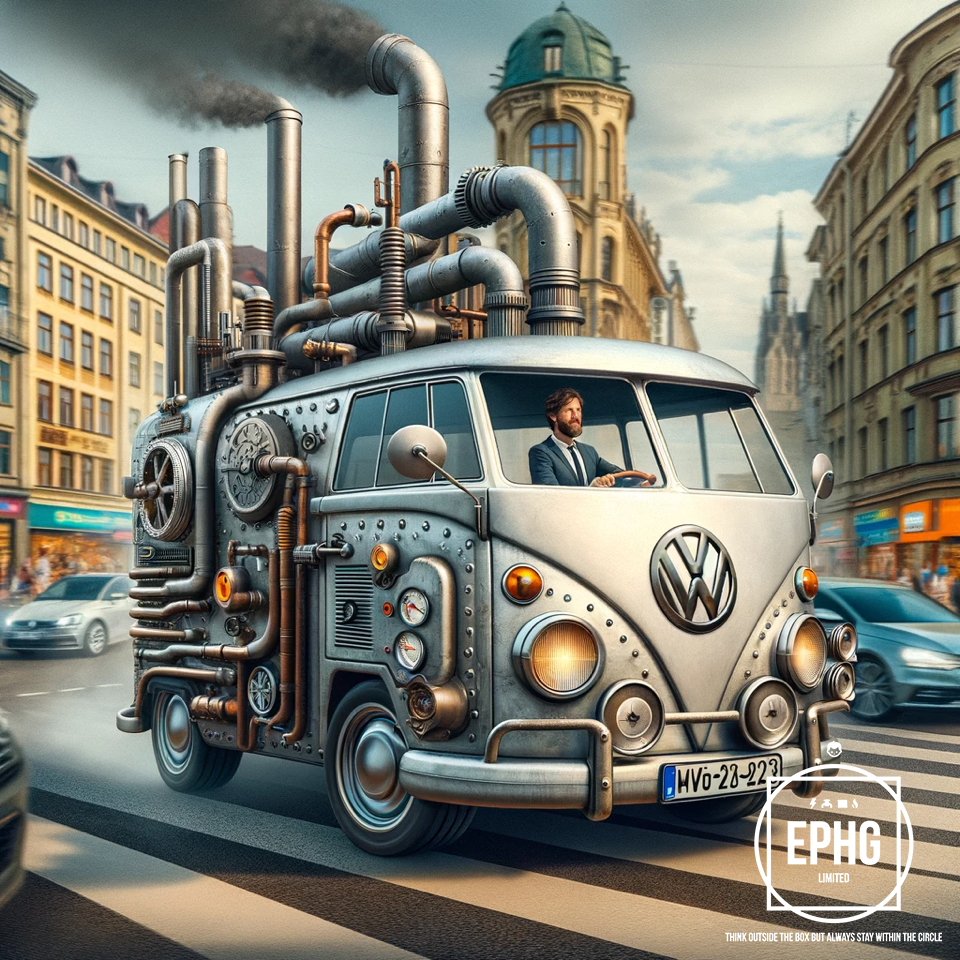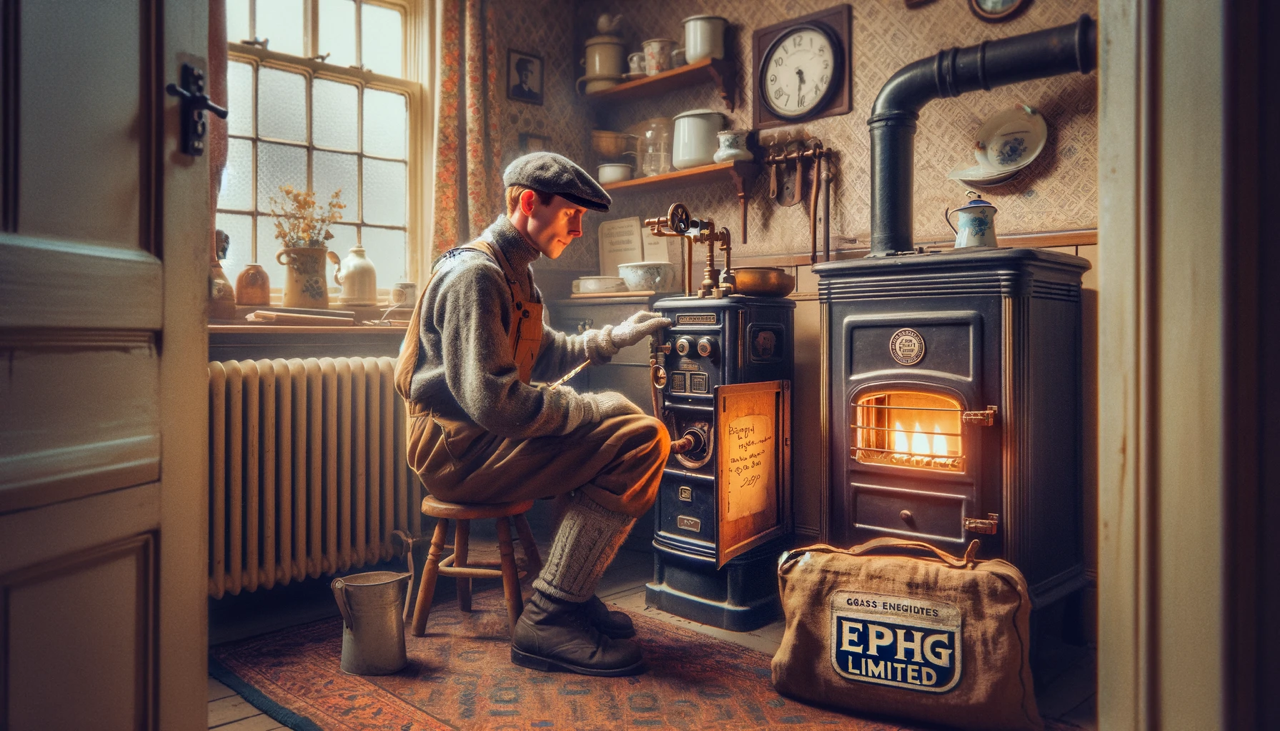
Image of a person asking an emergency plumber: "Where Does Copper Come From and Why Does It Degrade?"
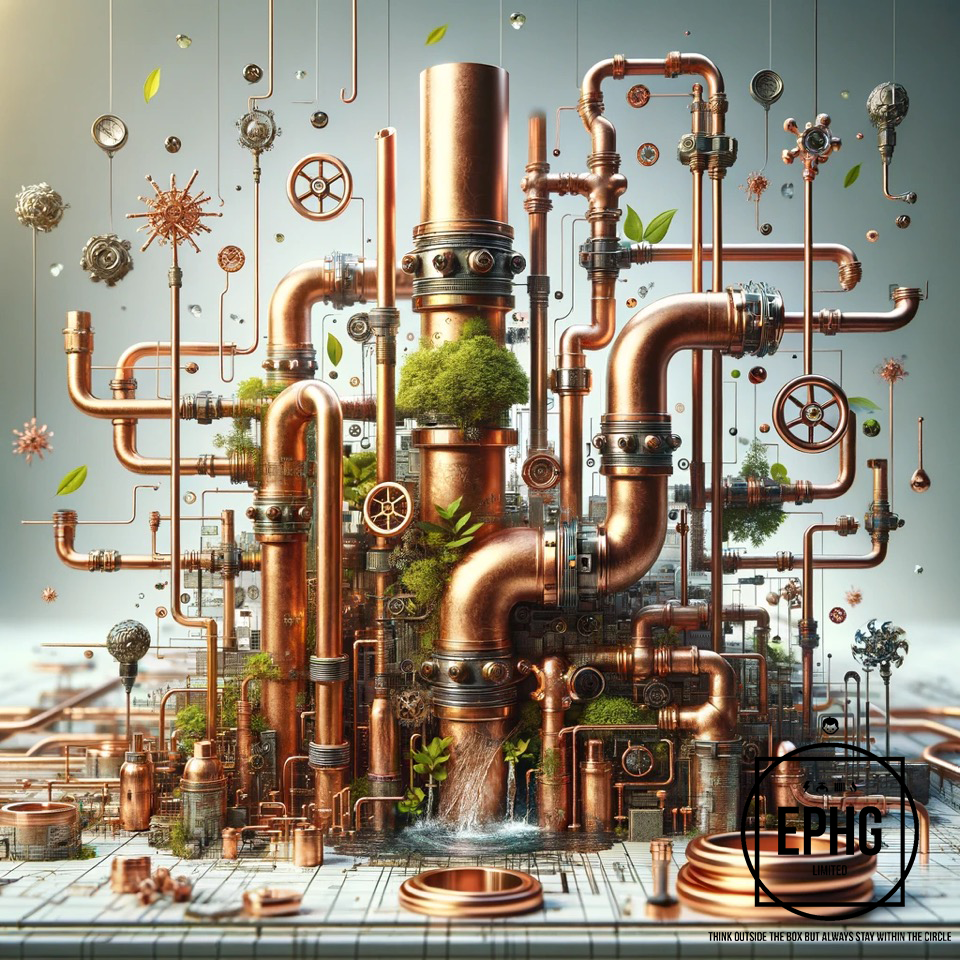
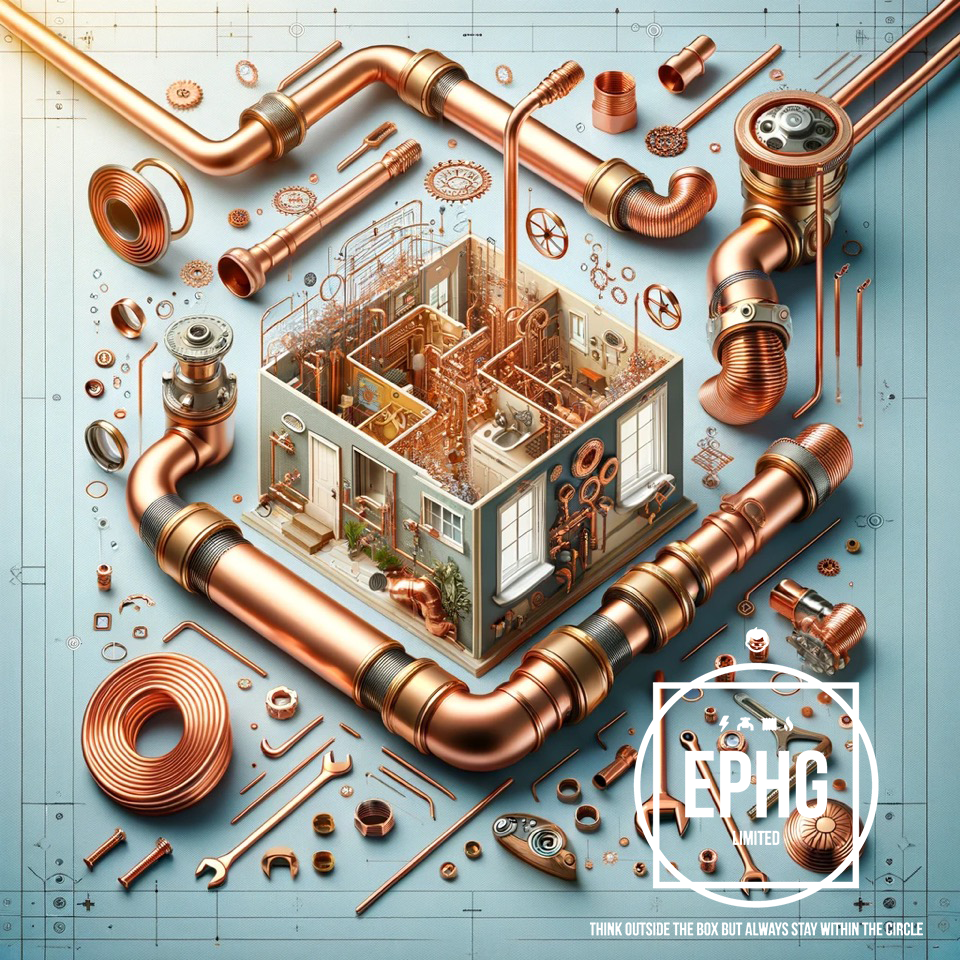
Where Does Copper Come From and Why Does It Degrade?
Copper, a key metal in the plumbing industry worldwide, including the UK, has been in use for centuries due to its durability, workability, and antimicrobial properties. Its journey from the earth to our homes and the reasons behind its eventual degradation is a tale of natural resources and chemical processes. Understanding the origins of copper, why it degrades, and its pivotal role in plumbing systems sheds light on its importance and the occasional need for emergency plumbing services.
Copper is primarily mined from various types of ore deposits, including open pit and underground mines. The largest copper mines are found in Chile, Peru, and the United States, but significant deposits also exist in other parts of the world, including the UK. The extraction of copper from ore involves a series of chemical, physical, and electrochemical processes to refine the metal into a usable form. This refined copper is what makes its way into various industries, including plumbing.
In the plumbing industry, copper is prized for its strength, reliability, and resistance to corrosion under most conditions. It is used extensively for piping and fittings in both residential and commercial buildings around the world. Copper pipes are preferred for water supply lines due to their long lifespan and minimal risk of leaching harmful substances into drinking water. In the UK, copper plumbing is standard in many homes and buildings, appreciated for its longevity and safety.
Despite its robustness, copper can degrade over time. The primary reasons for degradation include corrosion, pH levels, and physical damage. This degradation can lead to leaks, water damage, and the need for emergency plumbing services to address these issues promptly.
Understanding where copper comes from, why it degrades, and its significance in the plumbing industry highlights the balance between utilizing natural resources and managing their limitations. As the world continues to rely on copper for plumbing, efforts to maintain and protect these metal systems are essential for ensuring a safe and efficient water supply, both in the UK and across the globe.
Looking to delph a little deeper into the origins of copper, then feel free to continue reading and watch our video.
Expanding the Tale of Copper: Ore, Mining, and Global Reach
The story of copper doesn't begin in the plumbing systems of homes and buildings or in the manufacturing of electrical wires. It starts deep within the Earth's crust, where this versatile metal originates as copper ore. To truly appreciate copper's role in modern society and its significance within the plumbing industry, including its challenges and the necessity for emergency plumbing interventions, we delve into the fascinating process of copper ore mining and its global implications.
The Genesis of Copper: Ore and Its Forms
Copper ore comes in various forms, each requiring different methods of extraction and processing. The most common types of copper ore are chalcopyrite, bornite, and malachite. Chalcopyrite is the most abundant and economically significant, providing the majority of the world's copper. These ores are mined from large open pit and underground mines, with the process of extraction depending on the ore's location, depth, and purity.
Mining Techniques: From Pit to Product
Copper mining techniques vary, but they generally involve a few key steps. Open pit mining is prevalent for ore that lies near the earth's surface and involves removing large quantities of soil and rock to access the ore. Underground mining, on the other hand, is necessary for deeper ore bodies and involves creating tunnels and shafts to extract the ore. Following extraction, the ore undergoes a series of processing steps, including crushing, grinding, flotation, and smelting, to purify the copper and prepare it for use in various industries.
The Global Landscape of Copper Mining
Chile stands as the world's largest copper producer, followed by Peru and China. These countries not only boast the largest reserves but also the most extensive mining operations. The United Kingdom, while not a major producer, has its own history of copper mining, primarily in regions like Cornwall and Anglesey. Though these mines are no longer in operation, they played a crucial role in the UK's industrial heritage.
We have another brilliant article related to the above which you also may be interested in, known as the copper ore mining, so feel free to take a look.
The global demand for copper, driven by its essential role in electrical wiring, renewable energy systems, and plumbing, ensures that mining operations continue to expand and evolve. This demand has led to the exploration of new mining areas and the development of more efficient and environmentally friendly extraction techniques.
The Impact of Copper Mining
Copper mining, while vital for modern technology and infrastructure, poses environmental and societal challenges. The process can lead to land degradation, water pollution, and biodiversity loss. Moreover, the energy-intensive nature of copper extraction and processing contributes to carbon emissions, highlighting the need for sustainable practices and technologies in the mining sector.
To mitigate these impacts, mining companies and regulatory bodies worldwide are focusing on sustainable mining practices. These include improving water management, restoring mine sites, and investing in technologies that reduce energy consumption and greenhouse gas emissions.
Bridging Ore to Plumbing: A Full Circle
Understanding the journey of copper from ore to plumbing systems underscores the material's value and the intricacies of its supply chain. As copper pipes degrade and demand emergency plumbing services, it's a reminder of the metal's long journey from deep within the earth to our homes and buildings. This context enriches our appreciation for copper, emphasizing the importance of sustainable mining practices and the need for efficient, long-lasting plumbing solutions.
Incorporating engaging information about copper ore and its mining into our broader narrative about copper's role in plumbing not only adds depth to our understanding but also connects us more closely to the natural resources that shape our daily lives. As we continue to rely on copper for its indispensable properties, the stories of its origin, extraction, and application become ever more relevant, illuminating the complexities and interdependencies of our modern world.
